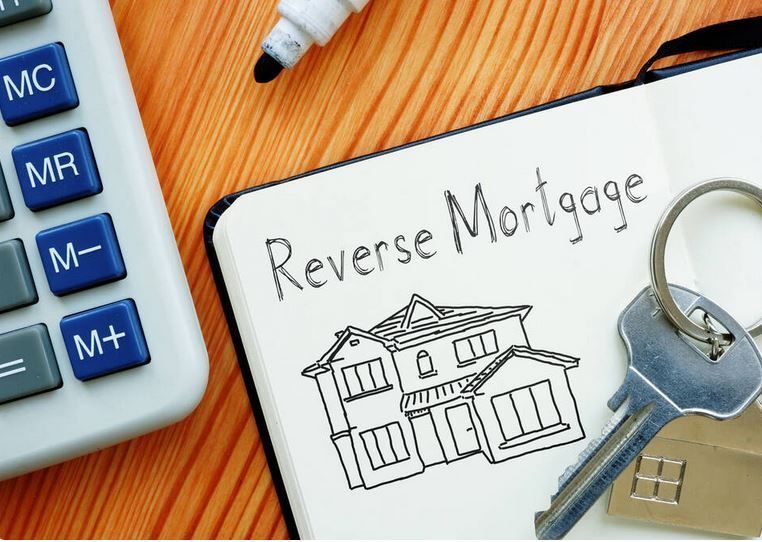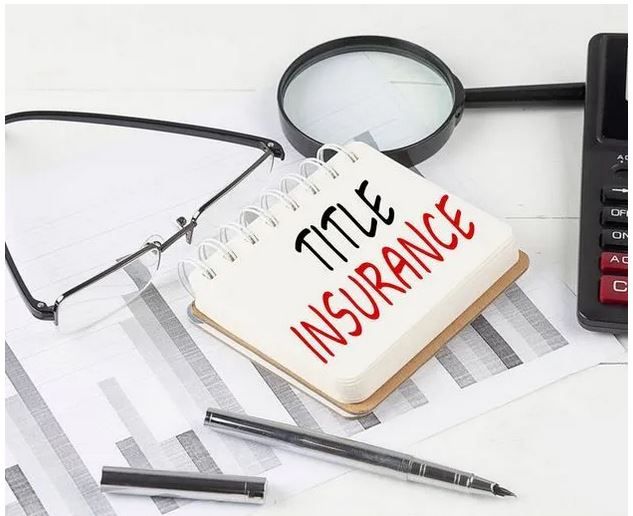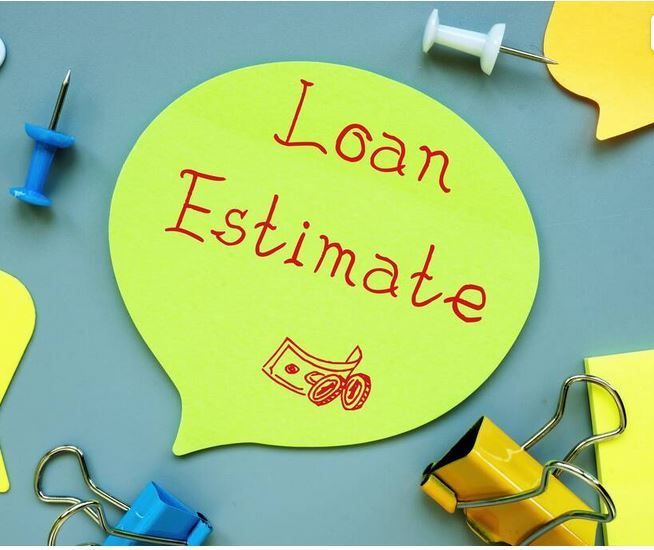Understanding Reverse Mortgages: Benefits, Drawbacks, and Legal Insights for Vermont Residents

To qualify for a reverse mortgage, you must meet the following criteria:
• Be at least 62 years old (for HECMs).
• Own your home outright or have a substantial amount of equity.
• Live in the home as your primary residence.
• Be financially capable of maintaining the property, including paying property taxes, homeowners insurance, and any applicable HOA fees.
Homeowners often consider reverse mortgages for several reasons:
• Supplementing Retirement Income: They can provide a steady source of income for retirees who need additional funds.
• Paying Off Debt: Proceeds can be used to eliminate existing mortgages or other debts, reducing financial stress.
• Home Improvements or Medical Expenses: Funds can be allocated for necessary repairs, renovations, or medical needs.
While reverse mortgages offer benefits, they also have potential downsides:
• Reduced Equity: Borrowing against your home decreases your remaining equity, potentially leaving less for heirs.
• Costs and Fees: Reverse mortgages can come with high upfront costs, including origination fees, mortgage insurance premiums, and closing costs.
• Loan Repayment Triggers: The loan must be repaid if you move out permanently, sell the home, or fail to meet obligations like paying property taxes and insurance.
To obtain a reverse mortgage, follow these steps:
1. Consult a HUD-Approved Counselor: FHA requires that you meet with a housing counselor to ensure you understand the terms and implications.
2. Find a Lender: Choose a reputable lender experienced in reverse mortgages.
3. Application and Appraisal: Complete the application process and have your home appraised to determine its value.
4. Underwriting and Approval: The lender will review your application and, if approved, provide the loan documents for closing.
A real estate attorney plays a crucial role in ensuring the reverse mortgage process goes smoothly. Here’s how:
• Title Search: The attorney conducts a title search to confirm there are no liens or encumbrances on the property that could complicate the reverse mortgage.
• Reviewing Loan Documents: Your attorney ensures that the loan documents are accurate and that you understand the terms and obligations.
• Resolving Title Issues: If title defects or disputes arise, the attorney works to resolve them before closing.
A reverse mortgage can be a valuable tool for Vermont homeowners looking to access their home equity, but it’s essential to weigh the benefits against the potential drawbacks. Consulting a knowledgeable real estate attorney can provide peace of mind and ensure the process is handled with care and professionalism. If you’re considering a reverse mortgage, don’t hesitate to reach out to our office for guidance—we’re here to help you make informed decisions about your financial future.










